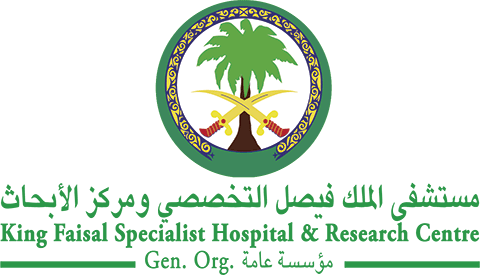Abstract
Background: Matched donor (MD) allogeneic hematopoietic stem cell transplantation (allo- HSCT) is currently the preferred choice of treatment for Philadelphia chromosome-positive acute lymphoblastic leukemia (Ph+ ALL) patients who have achieved complete remission. This systematic review and meta-analysis was conducted to investigate the effects of allo-HSCTs from different donor types for Ph+ ALL patients who received tyrosine kinase inhibitors (TKIs). Methods: Studies in EMBASE and MEDLINE between inception and December 2020 were identified using search terms related to ‘‘Ph+ ALL” and ‘‘HSCT.” Eligible studies were studies with Ph+ ALL patients who received a TKI and allo-HSCT. The primary outcomes of interest—the overall survival (OS) or relapse-free survival (RFS)—needed to be reported. The Mantel–Haenszel method was used to combine the effect estimates and associated 95% confidence intervals (CIs) of each donor type.
Results: Fourteen cohort studies were identified for the meta-analysis. Haploidentical (HID)- HSCT for Ph+ ALL patients resulted in a superior RFS to MD-HSCT, with a pooled odds ratio (OR) of 1.57 (95% CI, 1.05–2.32; I2 = 0%). However, HID-HSCT and MD-HSCT had comparable OS. Furthermore, HID-HSCT group had a significantly lower relapse rate than MD-HSCT group. On the other hand, the risks of graft-versus-host disease (GvHD) were higher for HID-HSCT and pooled OR of chronic GvHD rate. The OS and RFS of matched sibling-HSCT, matched unrelated-HSCT, and cord blood-HSCT were comparable with those of HID-HSCT. Conclusion: This systematic review and meta-analysis showed that HID-HSCT is as effective as MD-HSCT in Ph+ ALL patients.
Recommended Citation
Ponvilawan, Ben; Owattanapanich, Weerapat; Charoenngam, Nipith; and Kungwankiattichai, Smith
(2023)
"Effects of different types of allogeneic hematopoietic stem cell transplantation donors on Philadelphia chromosome-positive acute lymphoblastic leukemia during the tyrosine kinase inhibitor era: A systematic review and meta-analysis,"
Hematology/Oncology and Stem Cell Therapy: Vol. 16
:
Iss.
3
, Article 4.
Available at: https://doi.org/10.1016/j.hemonc.2021.09.007
Creative Commons License

This work is licensed under a Creative Commons Attribution-Noncommercial-No Derivative Works 4.0 License.
Included in
Cancer Biology Commons, Hematology Commons, Oncology Commons

